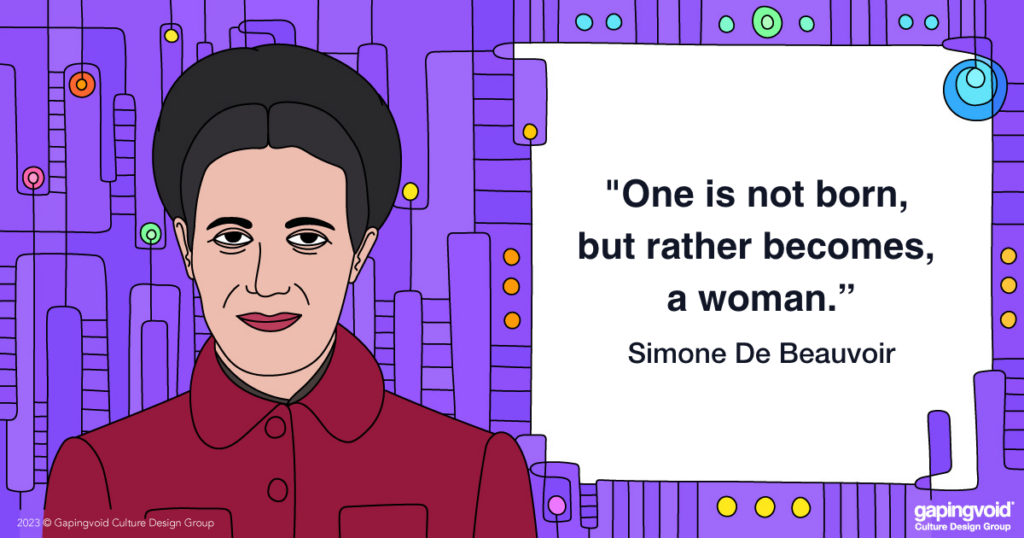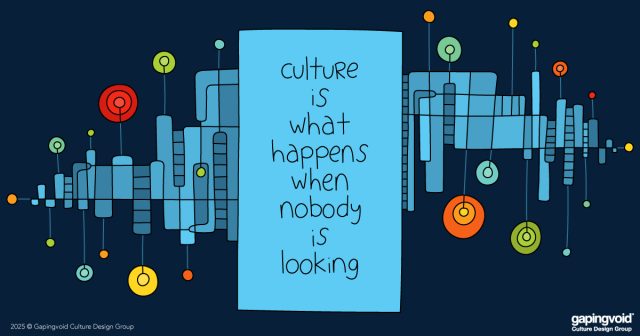
Many of us have played the hit board game Monopoly and have basked in the joy of owning the entire board, collecting dues when our friends land on our properties until we bankrupt them and win.
It’s fun when it’s a game. Not so fun when it starts to play out in the real economy and real monopolies focus on seeking rents instead of creating value.
We know the rationale behind a free market economy. If people and companies engage in free competition under fair rules set by the government, better products will be created for more people. This simple system has played a huge role in driving human progress since the enlightenment.
There is also a social contract layered on top of this system (i.e. we expect other players to follow the norms of the game). It’s the trust people have in the system, and it’s what convinces them to participate. It’s a culture, through and through.
Unfortunately, some companies threaten both the system and that precious social contract. One example recently (for all the millennial T-Swift lovers out there) is the outcry from fans at the difficulty of acquiring tickets to her new tour. Many are blaming it on Ticketmaster’s anti-competitive behavior, something that’s part of a larger trend.
Facebook. Twitter. Google. Microsoft OS. Apple. Amazon. Verizon. T-Mobile. All of these companies (and many others) command massive market share in their sectors, while also engaging in what some might reasonably call acts of anti-competitive behavior.
What we do about it, is up to us.
Unfortunately, things have only gotten more complicated since Teddy Roosevelt took on Standard Oil and Northern Securities in the 1890s.
Standard Oil had money, but modern tech giants have influence. Not just financial influence, but cultural influence. They can use this to resist antitrust efforts in a way that “brick and mortar” monopolies can’t.
Of course, in the long run, anti-competitive behavior can even hurt the monopolists themselves, and not just because they could get broken up. When a company becomes more focused on preventing competition than winning competition, it destroys the culture that led to its success in the first place. Maybe it won’t feel the consequences. Or maybe, monopoly power can only buy it time once it loses touch with the source of its success.
PS – if you find this topic interesting, we recommend checking out Seth Godin’s podcast, Akimbo, for more insights
Simone de Beauvoir (1908–1986) is known as the first great postwar feminist. One of the most prominent existentialist philosophers of our time, her 1949 masterpiece, “The Second Sex” professed the simple idea that it would be great if women could have their own agency, identity, and personal sovereignty without first having to be a mom or married to some guy. This idea, while obvious today, challenged traditional notions of gender and sparked a global conversation about women’s rights.




